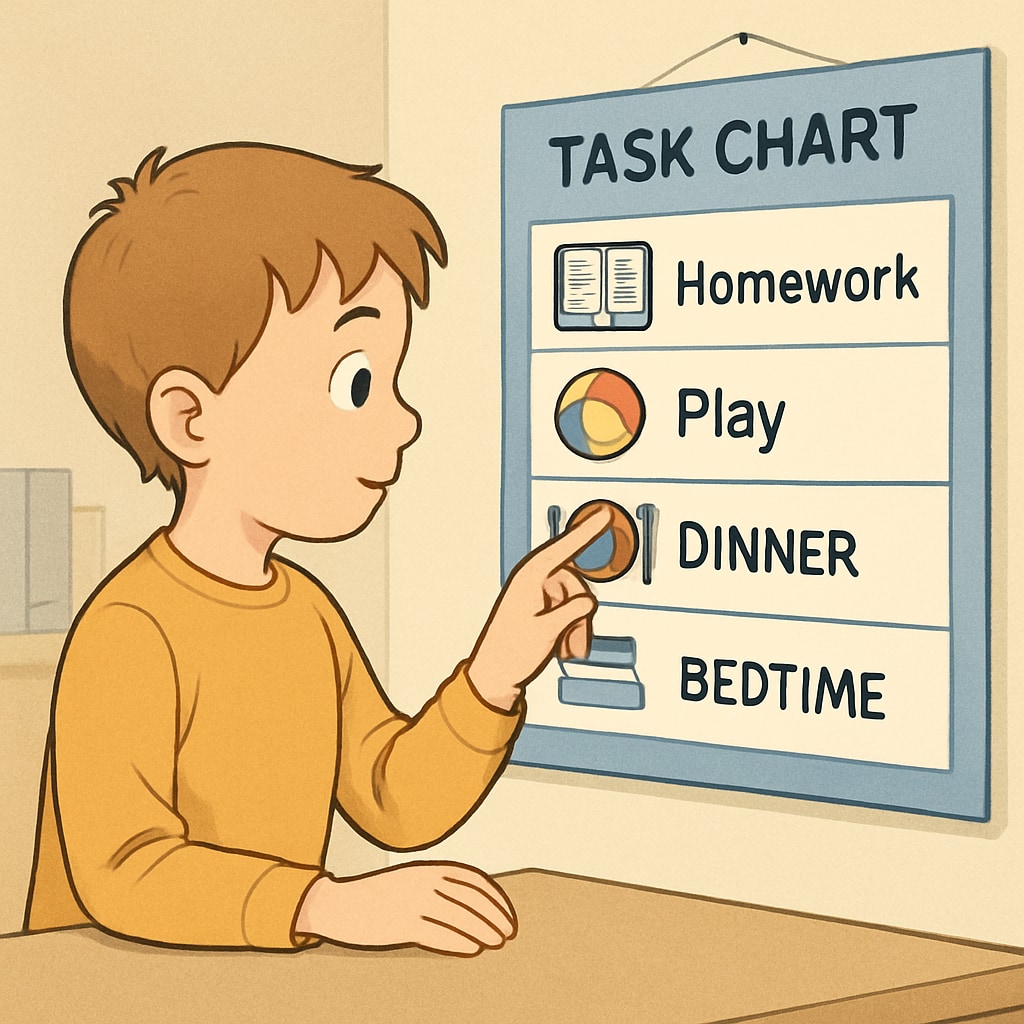Executive function, ADHD, and special education are at the forefront of the 7th Back-to-School Online Summit, which aims to empower parents of children with special needs. The summit provides actionable strategies to support children with ADHD (Attention Deficit Hyperactivity Disorder), ASD (Autism Spectrum Disorder), and 2e (Twice-Exceptional) children. By focusing on key areas like emotional regulation, time management, and organizational skills, this event sheds light on how these tools can make a tangible difference in mainstream educational settings. Furthermore, parents gain access to a vital support network, enabling them to navigate the journey with confidence.
Why Executive Function Matters in Special Education
Executive function refers to the mental skills that help individuals plan, organize, and complete tasks. For children with ADHD, ASD, or 2e characteristics, these skills are often compromised, leading to challenges in academic performance, social interactions, and emotional well-being. Addressing these deficits is crucial to helping children thrive in both school and life.
At the summit, experts shared practical strategies to improve executive function, including cognitive behavioral interventions and the use of visual aids. For example, creating personalized task charts and setting achievable goals can make daily routines less overwhelming for these children. These methods not only benefit the child but also relieve stress for parents trying to manage complex schedules and behaviors.

Emotional Regulation: A Cornerstone of Executive Function
Emotional regulation is a key component of executive function. Children with ADHD and ASD often struggle to manage their emotions, which can lead to meltdowns and difficulty focusing in the classroom. Summit speakers emphasized the importance of teaching calming techniques such as deep breathing and mindfulness exercises.
Additionally, parents were encouraged to use positive reinforcement and model appropriate emotional responses. For example, praising a child for managing frustration effectively can reinforce the behavior. Over time, these strategies help children build resilience and self-control, essential skills for academic and social success.

Time Management and Organizational Skills
Time management is another area where executive function strategies play a critical role. Many children with ADHD or ASD find it difficult to prioritize tasks or estimate how long they will take. The summit introduced tools like timers, planners, and scheduling apps tailored for young learners.
One standout technique involved breaking assignments into smaller, manageable chunks. For instance, instead of asking a child to complete an entire essay, parents and teachers are advised to focus on one paragraph at a time, providing frequent breaks. This approach reduces anxiety and fosters a sense of accomplishment.
As a result, children learn to approach larger tasks with confidence, which is essential for their long-term academic growth.
Building a Support Network for Parents
While the summit primarily focused on strategies for children, it also highlighted the importance of creating a robust support system for parents. Raising a child with special needs can be isolating, but connecting with others who face similar challenges can provide emotional relief and practical advice.
Participants were encouraged to join local and online communities, attend workshops, and seek professional counseling when necessary. These networks not only offer guidance but also foster a sense of belonging, reminding parents that they are not alone in their journey.
In addition, the summit provided resources like downloadable guides and access to expert consultations, equipping parents with the tools they need to advocate for their child’s education effectively.
Conclusion: The 7th Back-to-School Online Summit demonstrates the transformative power of executive function strategies in special education. By focusing on emotional regulation, time management, and parental support, it equips families with the tools necessary to help children with ADHD, ASD, and 2e characteristics succeed in mainstream settings. As a result, both children and parents are empowered to approach the future with optimism.


